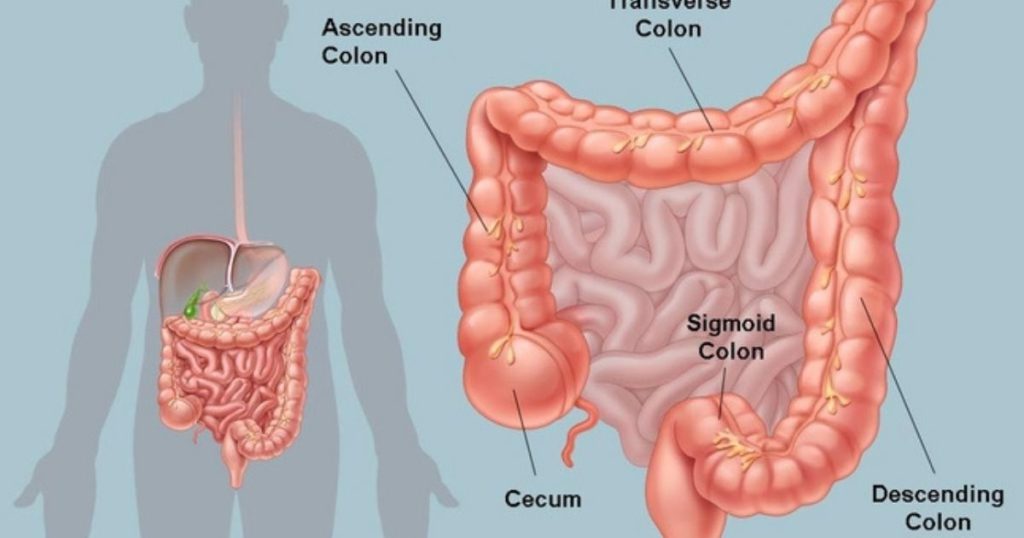The Ministry of Health and Wellness and the Rural Agricultural Development Authority (RADA) are partnering to promote healthy eating to maintain good colon health.
The partnership comes in observance of Colorectal Cancer Awareness Month, being observed in March.
Colon cancer is the third leading cause of cancer deaths in Jamaica for men and women.
A memorandum of understanding was signed between the Ministry of Health and Wellness and RADA to formalise the partnership.
Speaking at the virtual ceremony, Minister of Health and Wellness, Dr Christopher Tufton, said nutrition plays a role in disease prevention and causation, including cancer.
He explained that the Ministry will be using the month as a golden opportunity to further promote nutritional intervention and reiterate the critical importance of consuming more high-fibre foods, vegetables, fruits, nuts, whole grain, tubers, especially those options that are homegrown.
“We know that RADA has been a vanguard of not only healthy eating but as the strident voice of eating what we grow and growing what we eat. RADA clearly appreciates the notion that more fruits, vegetables and ground provisions should be consumed, and we are happy to be collaborating with RADA to highlight the correlation between a colon-friendly diet and lowering the risk of colorectal cancer,”
he said.
The Minister argued that the more persons know and understand about healthy eating and digestive health, the more Jamaicans should be purposeful in their diet that offers some protection from the severity of diseases.
Citing statistics from the American Institute for Cancer Research and the World Cancer Research Fund, Dr Tufton informed that 30 to 40 per cent of all cancers can be prevented by appropriate diet, physical activity and maintenance of appropriate body weight.
He noted that colorectal cancer occurs more frequently with diets low in fruits, vegetables, vegetable protein and fibre, adding that diets containing overcooked or burnt meat or fish increases the risk.
“People who eat fried, well-cooked red meat more than once per week are at twice the risk of colorectal cancer compared to those who eat lightly cooked red meat less frequently,”
he said.
In his remarks, Chief Executive Officer, RADA, Peter Thompson, said the partnership aims to build awareness and support activities highlighting Colorectal Cancer Awareness Month, noting that healthy nutrition plays an integral role in cancer prevention and control.
He emphasised that the partnership is critical in promoting the benefits of eating healthy and supporting local culinary heritage, which will, in turn, support the ‘Say Yes to Fresh’ and the ‘Eat What we Grow, Grow What we Eat’ campaigns.
“The colorectal cancer month recognition is, therefore, the right fit for RADA to collaborate with the Ministry of Health and Wellness, as this shared vision will be impactful and allow for continued education and enlightenment, utilising natural resources that our locals produce that we have at our disposal to support healthy living,”
he said.
Thompson noted that the integrated approach will allow for joint promotion of RADA’s weekly farmers’ markets while highlighting quality local and unique products that are available.
He said RADA will also assist in providing agricultural produce for the Ministry of Health and Wellness’ social media mainstream media campaign surrounding Colorectal Cancer Awareness Month.
“This is also an ideal opportunity for the nation to support our farmer, farm families and their livelihoods as we place our focus on eating local. In addition, we continue to urge our farmers to remain resilient and resolute and to respond with increasing production and distribution to meet local demand,”
he said.
Colorectal cancer develops from changes in the cell lining in the walls of the colon. Studies have shown that some of the main factors that initiate these changes are consumption of cooked red meat, high intake of refined carbohydrates, poor vitamin and mineral intake, alcohol consumption, and smoking.




